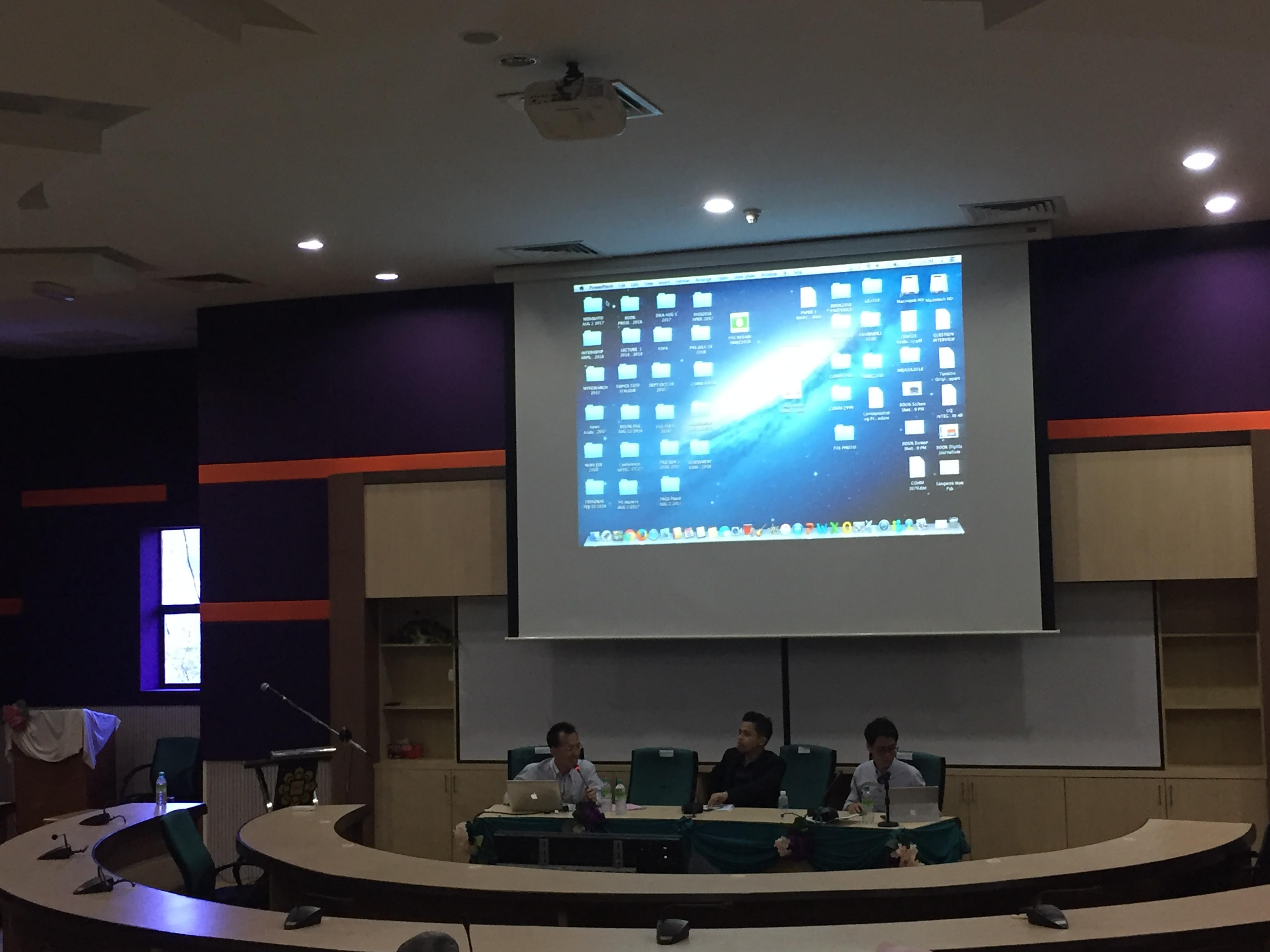By Fatihah Zaini
GOMBAK, 28 September 2018 – The Pan-Malaysian Islamic Party (Parti Islam Se Malaysia or PAS) has been struggling to uphold Islamic principles since its beginning as without Islam PAS would be a non-existent party, IIUM Communication lecturer, Dr. Nerawi Sedu shared his findings at the International Seminar on Media and Communication (ISMEC) 2018 parallel session on Tuesday (25 September).
He highlighted that “the struggle and experience that PAS went through had differentiated it from other Malay dominated political parties in Malaysia”.
Nerawi Sedu of IIUM presented his paper titled “The Conceptualisations of PAS (Parti Islam Se Malaysia) Inclusive Islam: An Analysis of Harakah” which he said was aimed to investigate how a party paper such as Harakah portrays the notion of inclusive Islam.
He also stressed that in his observation some leaders in political parties such as PAS were not willing to admit their mistakes which in turn had led to a strained relationship between PAS and the non-Malay community, and the party’s Islamic philosophy being misunderstood. He noted that œthe moment you build a wall, no one will listen to you.
Nerawi pointed out that of late PAS had been able to attract more women to join its political party and most of them were also actively involved in its political activities. He said that the party had also seen more non-Malays showing interest in PAS by joining the party to show their support for party’s struggle.
œPAS used to be a very conservative political party but now it has opened up, and we can clearly see the combination of both religious and political leaders working hand in hand, Nerawi shared.
Meanwhile, Dr. Faizal Kasmani of Universiti Sains Islam Malaysia (USIM) in his paper “Muhammads conversation with the Bedouin: A speech Art Analysis of Prophetic Discourse in Hadith” attempted to look back at Prophet Muhammads communication strategy from the Hadith point of view.
Faizal told the audience that he realised through his research it was not an easy task as the Hadith did not mention any part of the non-verbal communication aspects. œThe Prophet’s language can be regarded as a performative language in which he would transmit it through warning, command, imitation, judgment or promise, he emphasised.
Quoting John Searle’s Theory of Speech Act, Faisal said, œTo speak is to perform an action. When someone speaks it means that someone is doing an action and does something to the world.
Faizal also highlighted that in a conversation between the Prophet and a Bedouin, the Prophet kept his speech simple and restrained from the act of force. He also said that to find certain reasons as to why the Prophet said such words was challenging, yet tricky.
In another presentation at the same parallel session, Dr. Jessada Salathong of Chulalangkorn University in his paper titled “Malaysian Young Generation’s Usage of Social Media to Communicate Social Issues” focused on the use of social media for social movement in terms of politics and youths volunteerism in Malaysia.
He indicated that the young people (generation ‘y’) have technological skills and are politically active in social media. Jessada shared that the usage of WhatsApp and Facebook is highly preferable among the youth in spreading social issues. His finding clearly showed that youth of the present generation are able to produce a campaign by spreading social issues through usage of Facebook. ***
